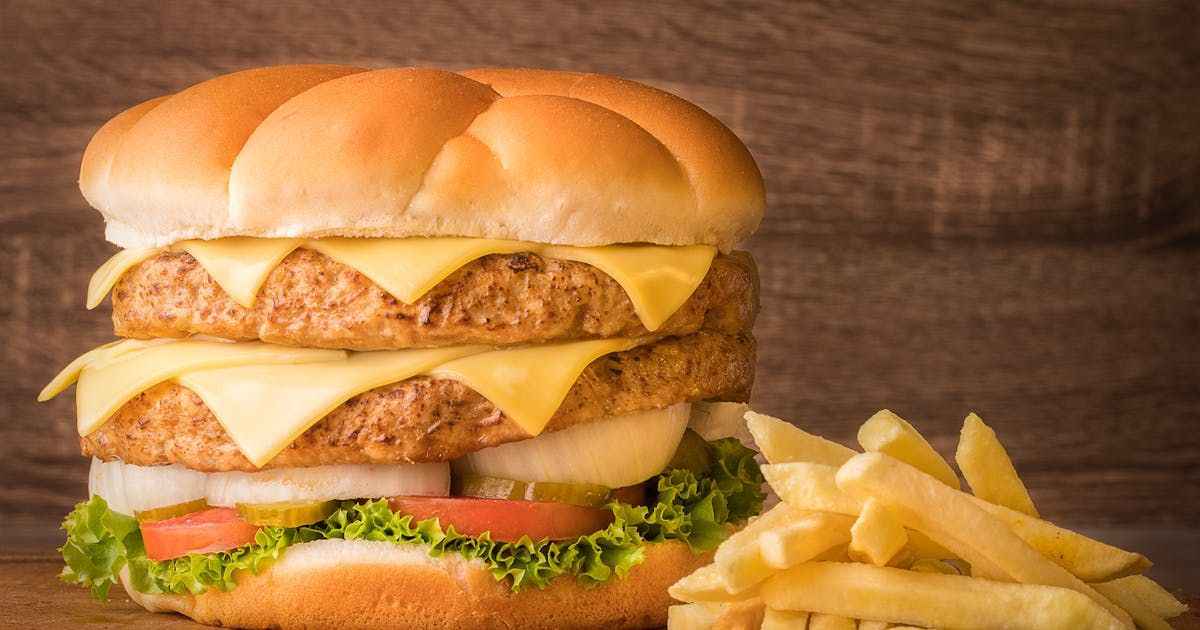“From Convenience to Crisis: The Hidden Dangers of Ultra-Processed Foods”
Fancy-sounding “Ultra Processed Food” isn’t good for you. It’s been shown to cause lots of health problems. These include heart disease, cancer, type 2 diabetes, bad mental health, and even early death. This comes from a huge study.

. These findings underscore the urgent need for awareness and measures to reduce exposure to UPF.
Here are the key points about ultra-processed foods and their detrimental impact on health:
- Definition of Ultra Processed Food:
- Ultra-processed foods undergo multiple industrial processes and often contain additives such as colors, emulsifiers, and flavors.
- Common examples include packaged baked goods, sugary cereals, fizzy drinks, and ready-to-eat meals.
- Health Risks Associated with UPF:
- Cancer: Consuming UPF is associated with a higher risk of cancer.
- Heart Disease: UPF consumption is directly linked to an increased risk of heart disease.
- Type 2 Diabetes: Regular intake of UPF raises the risk of developing type 2 diabetes.
- Adverse Mental Health: UPF consumption may negatively impact mental health.
- Early Death: People who consume more UPF face a higher risk of premature mortality.
- Global Consumption Trends:
- The consumption of UPF is rapidly rising worldwide.
- In the UK and US, over half of the average diet now consists of ultra-processed food.
- Some individuals, especially those who are younger, poorer, or from disadvantaged areas, may have diets comprising up to 80% UPF.
- Research Findings:
- The comprehensive umbrella review involved nearly 10 million people.
- Direct associations were found between UPF exposure and 32 health parameters, spanning mortality, cancer, mental health, respiratory issues, cardiovascular problems, gastrointestinal disorders, and metabolic outcomes.
- Greater exposure to UPF correlated with adverse health outcomes, especially cardiometabolic issues and common mental disorders.
- Composition of Ultra-Processed Foods:
- UPF products are high in added sugar, fat, and/or salt.
- They are often low in essential vitamins and fiber.
- Industrial processes introduce chemicals, colorings, sweeteners, and preservatives.
- Public Health Implications:
- Policymakers and health organizations should prioritize measures to reduce dietary exposure to UPF.
- Population-based interventions can help improve human health by targeting and minimizing UPF consumption.
Read More: Norovirus Outbreak in the USA: Causes, Impact, and Response

Why do people consume UPF despite its harmful effects?
People continue to consume Ultra Processed Food (UPF) despite their known harmful effects for several reasons:
- Convenience and Availability:
- UPF is readily available, pre-packaged, and requires minimal preparation.
- Busy lifestyles and time constraints lead people to opt for convenience over health.
- Addictive Properties:
- UPF often contains high levels of sugar, salt, and unhealthy fats.
- These ingredients can trigger addictive responses in the brain, making people crave these foods.
- Marketing and Advertising:
- Aggressive marketing by food companies influences consumer choices.
- Attractive packaging, catchy slogans, and endorsements create a perception of desirability.
- Affordability:
- UPF is often cheaper than fresh, whole foods.
- Economic constraints drive people to choose cost-effective options.
- Taste Preferences:
- Many UPF items are engineered to be hyper-palatable.
- The combination of salt, sugar, and fat appeals to taste buds.
- Lack of Nutritional Education:
- Some individuals are unaware of the health risks associated with UPF.
- Education on nutrition and its impact is essential to make informed choices.
- Cultural and Social Factors:
- Social gatherings, celebrations, and traditions often involve UPF.
- Breaking away from cultural norms can be challenging.
- Psychological Comfort:
- UPF may provide emotional comfort or serve as a coping mechanism.
- Stress, boredom, or emotional distress can drive consumption.
- Food Industry Influence:
- The food industry wields significant power in shaping dietary patterns.
- Lobbying, lobbying, and lobbying can impact policies and regulations.
- Habit Formation:
- Habits developed over time are hard to break.
- People may continue consuming UPF due to ingrained routines.
Despite these factors, raising awareness, promoting healthier alternatives, and advocating for policy changes are crucial steps toward reducing UPF consumption and improving public health. 🍔🥤🚫

Examples of Ultra Processed Food
Here are some examples of Ultra Processed Food:
- Chicken Nuggets
- Frozen Meals
- Hot Dogs
- Packaged Soups
- Potato Chips
- Soft Drinks
- Sweetened Breakfast Cereals
- Ice Cream
- Ham
- Sausages
- Crisps (Chips)
- Mass-Produced Bread
- Biscuits (Cookies)
- Carbonated Drinks
- Fruit-Flavored Yogurts
- Instant Soups
- Some Alcoholic Drinks (e.g., Whisky, Gin, Rum)
These foods often contain high levels of added sugars, unhealthy fats, and artificial additives. Reducing their consumption can positively impact overall health. 🍔🥤🚫
In conclusion, our dietary choices significantly impact our well-being. Being aware of the harmful effects of Ultra Processed Food empowers us to make healthier decisions for ourselves and future generations. Let us prioritize whole, minimally processed foods to promote better health and longevity.
Remember, the next time you reach for that sugary cereal or fast-food meal, consider the long-term consequences and opt for nourishing alternatives instead.
